John Coltrane "Alabama" SOUNDS LIKE US

Alabama by John Coltrane on Amazon Music
Alabama was written and composed by legendary jazz saxophonist John Coltrane in response to the 1963 16th Street Baptist Church bombing, in which members of the KKK attacked a Birmingham.
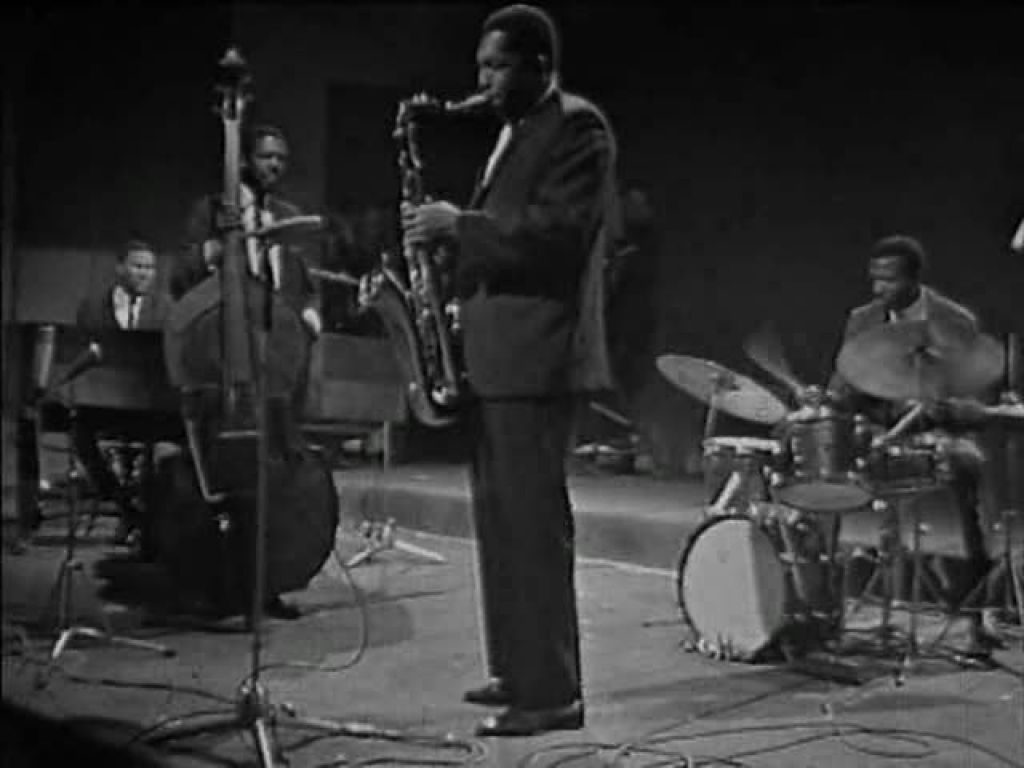
Discografia vital Crítica musical Alabama John Coltrane, en viu (1963)
Provided to YouTube by Universal Music Group Alabama · John Coltrane The Gentle Side Of John Coltrane ℗ 1963 UMG Recordings, Inc. Released on: 1975-01-01.
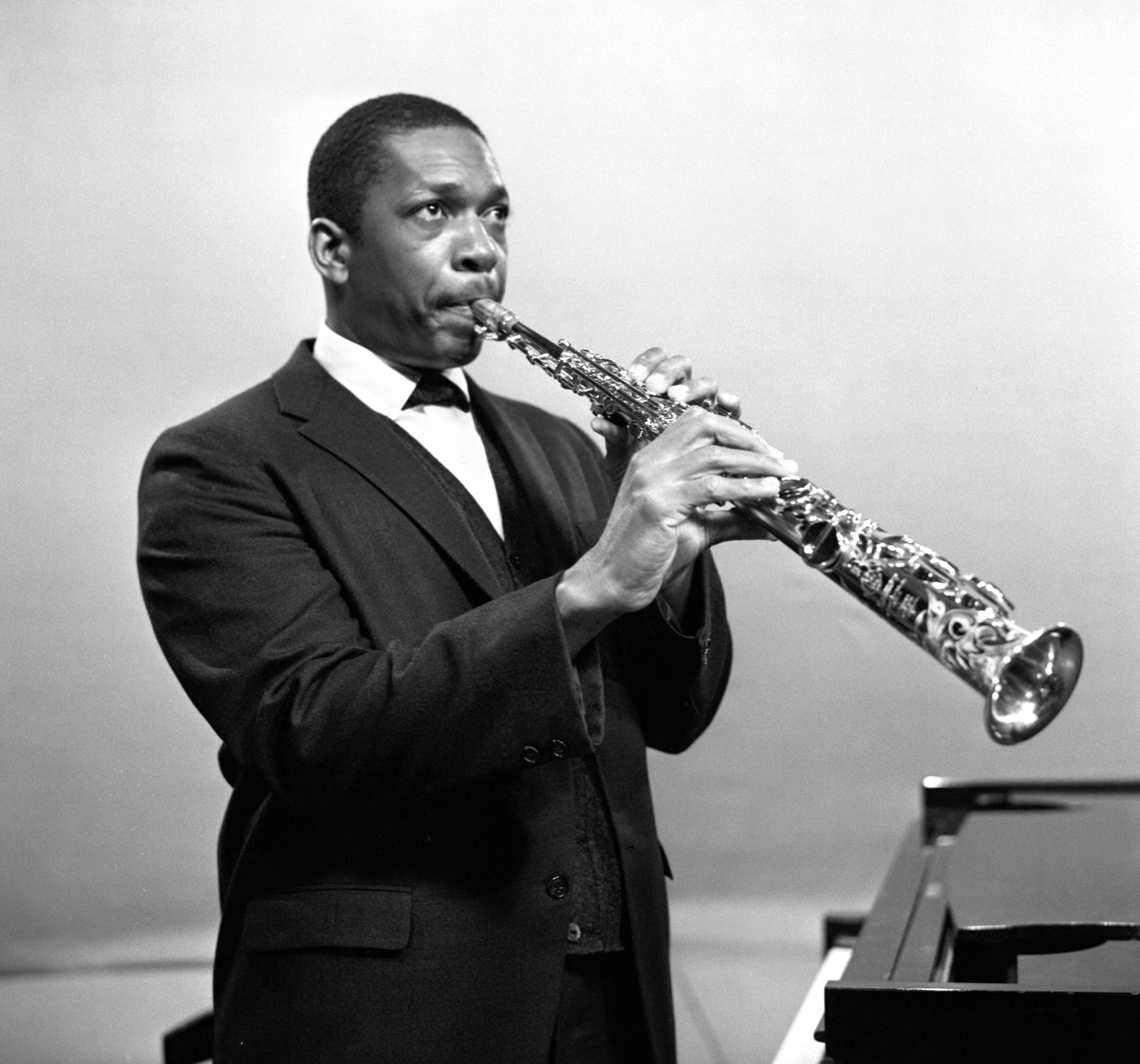
Saxophonist John Coltrane Created 'Alabama' as a Response to a Tragic Event Facts about the Matter
On the afternoon of November 18, 1963 John Coltrane went into Rudy Van Gelder's Studio in Englewood Cliffs, NJ and recorded the tune Alabama. He did not tell anyone in the studio, including the members of his legendary quartet McCoy Tyner, Elvin Jones and Jimmy Garrison, what the tune was about.

John Coltrane Alabama (needle drop) YouTube
John Coltrane's Civil Rights elegy "Alabama" first appeared on Live at Birdland (1964), though it was recorded in Van Gelder Studio, Englewood Cliffs, New Jersey on November 18, 1963 - three months after the dramatic events surrounding the 16th Street Baptist Church bombing of September 15, 1963. On this tragic date, four members of the Ku

Alabama, a song by John Coltrane on Spotify
AlabamaJohn Coltrane (tenor sax)
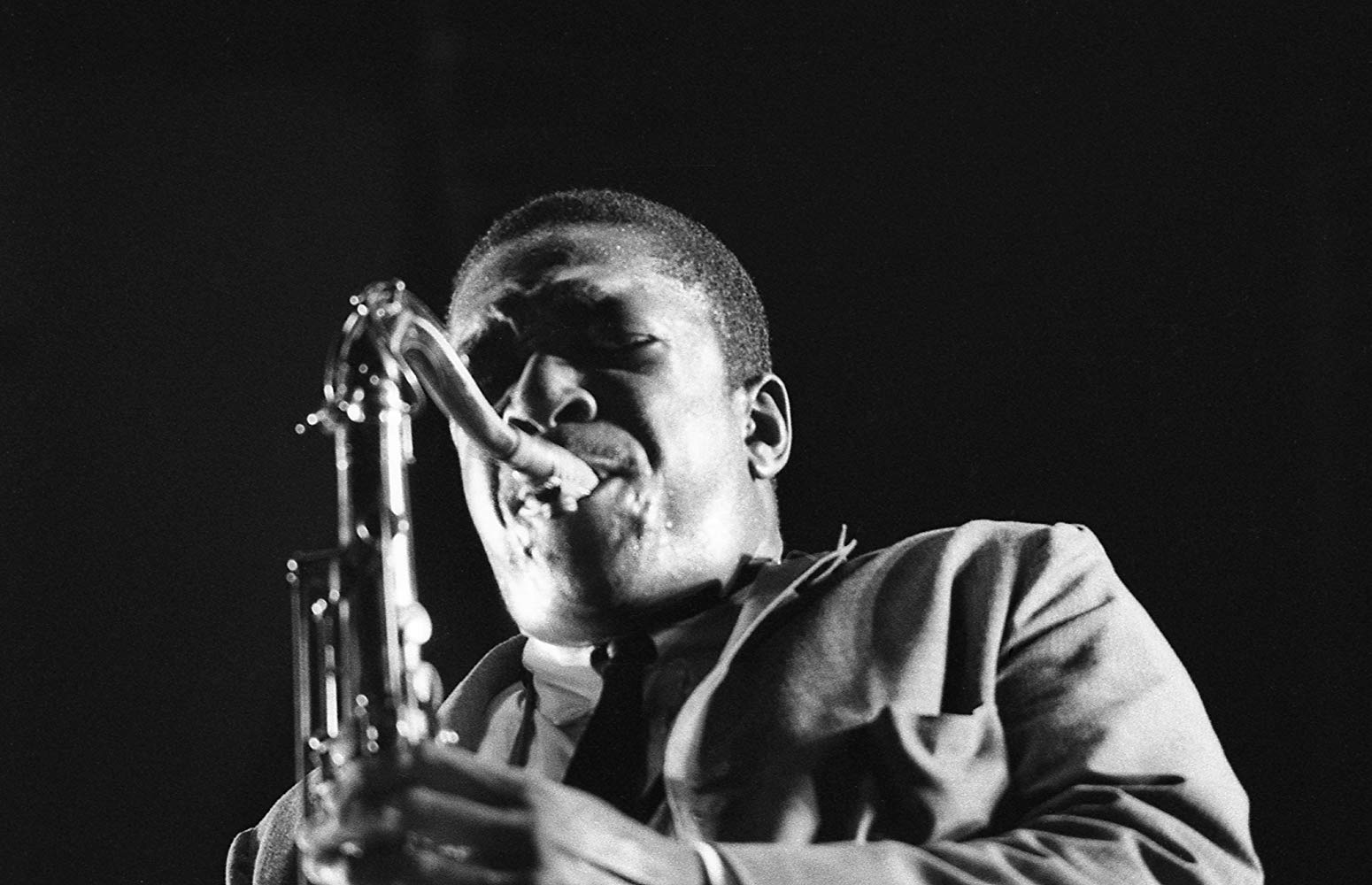
John Coltrane "Alabama" SOUNDS LIKE US
John Coltrane, photographed in his backyard in Queens, New York in 1963. A Deep Dive into an immortal song, recorded 57 years ago. In this era when it has been necessary to affirm that Black Lives Matter, John Coltrane's powerful piece "Alabama" feels more relevant and urgent than ever.

Alabama, by John Coltrane
Coltrane live at Birdland - 1963John Coltrane - tenor saxMcCoy Tyner - pianoJimmy Garrison - bassElvin Jones - drums

John Coltrane "Alabama" SOUNDS LIKE US
The John Coltrane Quartet's "Alabama" is a strange song, incongruous with the rest of the album on which it appears.

Nov. 18, 1963...John Coltrane records "Alabama" JAZZIZ Magazine
It's an ominous chord, horror movie shit; hearing it you can't help but see still water suddenly disturbed by something moving beneath it, threatening to surface. Then the sound of John Coltrane's saxophone writhes on top: mournful, melismatic, menacing. Serpentine. It winds its way toward a theme but always stops just short, repeatedly.

John Coltrane Alabama, by Pat Thomas East Portland Blog
" Alabama " is a musical composition by the American jazz artist John Coltrane, first recorded in 1963 by Coltrane with McCoy Tyner, Jimmy Garrison, and Elvin Jones. Two takes from that session appear on Coltrane's 1964 album Live at Birdland.

John Coltrane "Alabama" SOUNDS LIKE US
Provided to YouTube by The Orchard EnterprisesAlabama · John ColtraneEssential Jazz Masters℗ 2009 Cleopatra RecordsReleased on: 2009-07-01Auto-generated by Y.
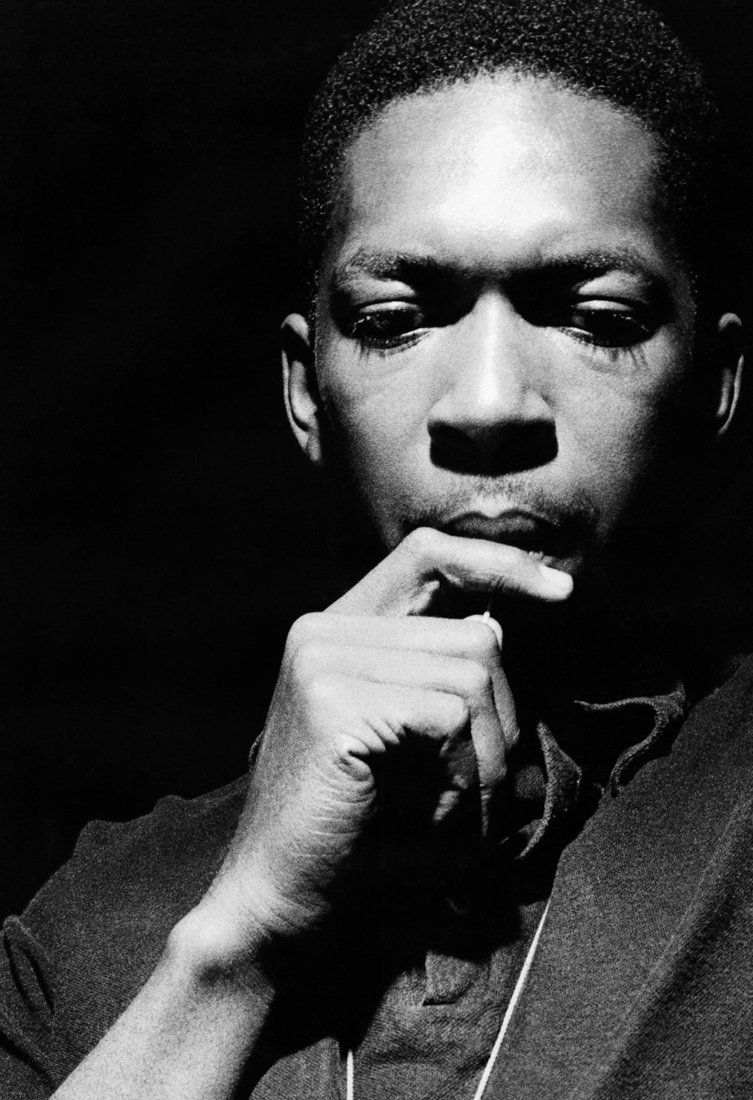
John Coltrane's Alabama Elegy
Provided to YouTube by Universal Music GroupAlabama · John ColtraneThe Gentle Side Of John Coltrane℗ 1963 UMG Recordings, Inc.Released on: 1975-01-01Producer.

Pin on Photos of John Coltrane
John Coltrane's "Alabama" was released in 1963 on the album Live at Birdland. The song was written by John Coltrane and his band, which includes McCoy Tyner (piano), Jimmy Garrison (bass) and Elvin Jones (drums).
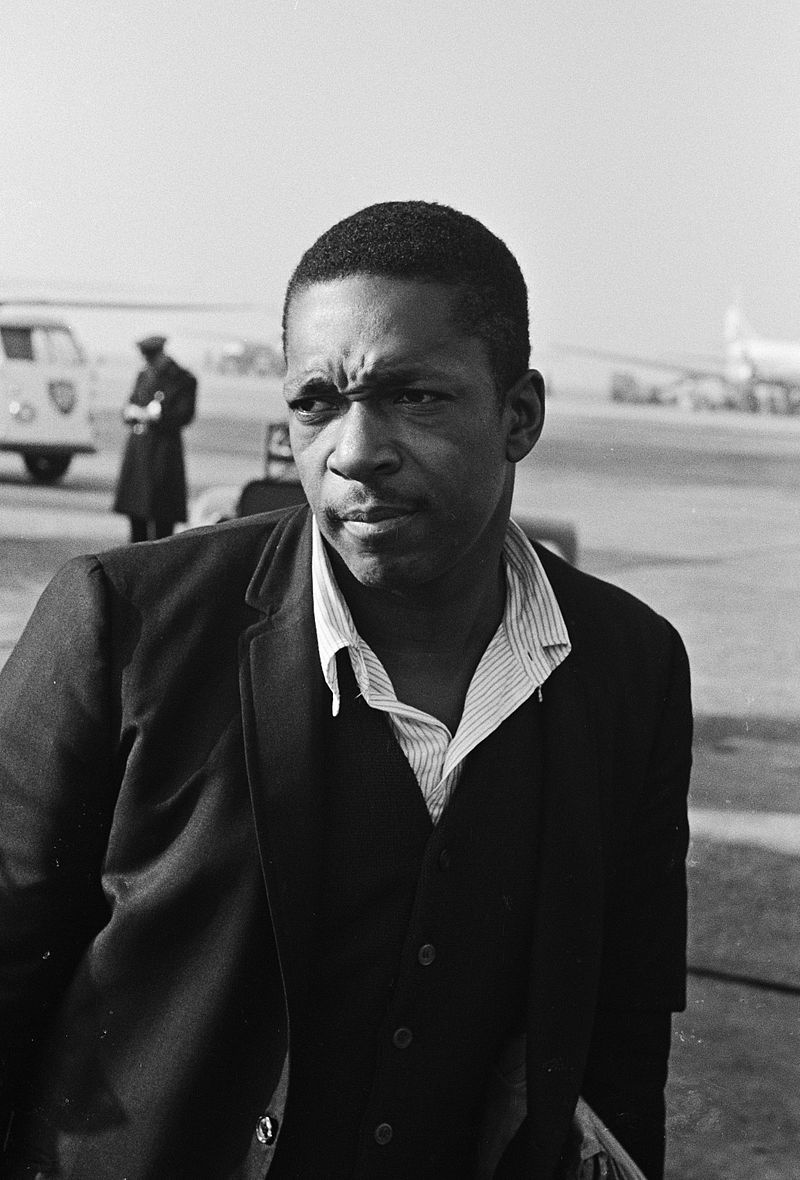
Alabama Yesterdays John Coltrane's "Alabama"
JAZZIZ Essentials is a series that explores the stories of songs, artists and events that gave rise to jazz. In this episode, we talk about John Coltrane's "Alabama." This Civil Rights Movement elegy was originally recorded in 1963. It was written by Coltrane in response to the 16th Street Baptist Church bombing, a tragic event

Alabama song and lyrics by John Coltrane Spotify
John Coltrane wrote the song 'Alabama' in response to this event and patterned his playing in the song after Martin Luther King's speech at the funeral for the four girls.

JAZZIZ Essentials A Short History of John Coltrane's "Alabama" (VIDEO) JAZZIZ Magazine
John Coltrane was a ground breaking jazz musician whose work is characterized by harmonic innovation, technical virtuosity, and a uniquely expressive tone. Coltrane produced several iconic and influential albums such as Giant Steps (1960), My Favorite Things (1961) and A Love Supreme (1965). To John Coltrane, making music was an endeavor tied.